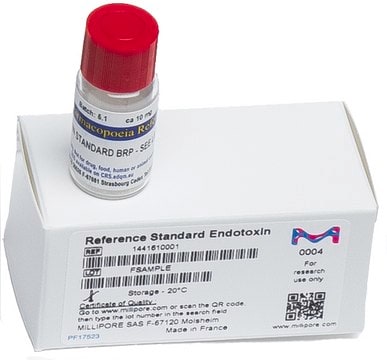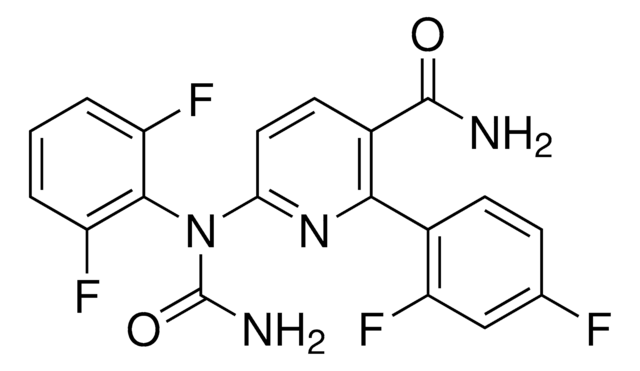V4758
Monoclonal Anti-Vascular Endothelial Growth Factor antibody produced in mouse
clone 26503, purified immunoglobulin, lyophilized powder
Synonyma:
Anti-VEGF
About This Item
Doporučené produkty
biological source
mouse
Quality Level
conjugate
unconjugated
antibody form
purified immunoglobulin
antibody product type
primary antibodies
clone
26503, monoclonal
form
lyophilized powder
species reactivity
primate, human
technique(s)
capture ELISA: 2-8 μg/mL
neutralization: suitable
western blot: 1-2 μg/mL
isotype
IgG2b
UniProt accession no.
storage temp.
−20°C
target post-translational modification
unmodified
Gene Information
human ... VEGFA(7422) , VEGFB(7423) , VEGFC(7424)
General description
Immunogen
Application
Western Blotting (1 paper)
Biochem/physiol Actions
Physical form
Disclaimer
Ještě jste nenalezli správný produkt?
Vyzkoušejte náš produkt Nástroj pro výběr produktů.
Storage Class
11 - Combustible Solids
wgk_germany
WGK 3
flash_point_f
Not applicable
flash_point_c
Not applicable
ppe
Eyeshields, Gloves, type N95 (US)
Osvědčení o analýze (COA)
Vyhledejte osvědčení Osvědčení o analýze (COA) zadáním čísla šarže/dávky těchto produktů. Čísla šarže a dávky lze nalézt na štítku produktu za slovy „Lot“ nebo „Batch“.
Již tento produkt vlastníte?
Dokumenty související s produkty, které jste v minulosti zakoupili, byly za účelem usnadnění shromážděny ve vaší Knihovně dokumentů.
Náš tým vědeckých pracovníků má zkušenosti ve všech oblastech výzkumu, včetně přírodních věd, materiálových věd, chemické syntézy, chromatografie, analytiky a mnoha dalších..
Obraťte se na technický servis.








